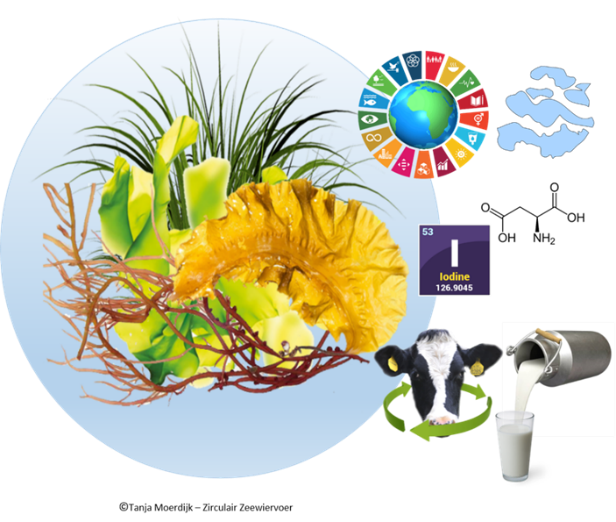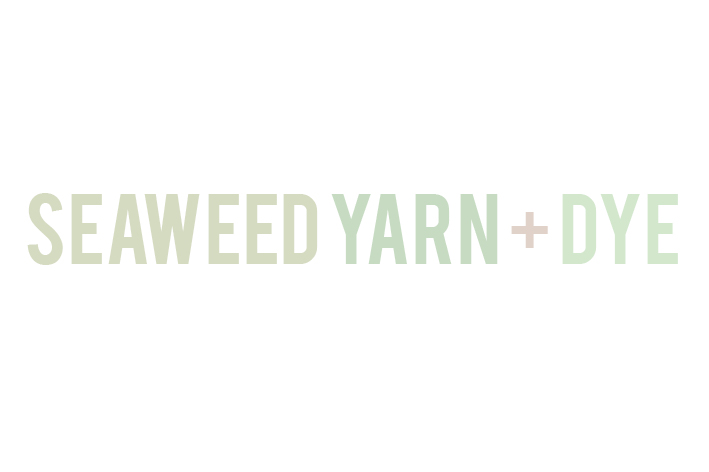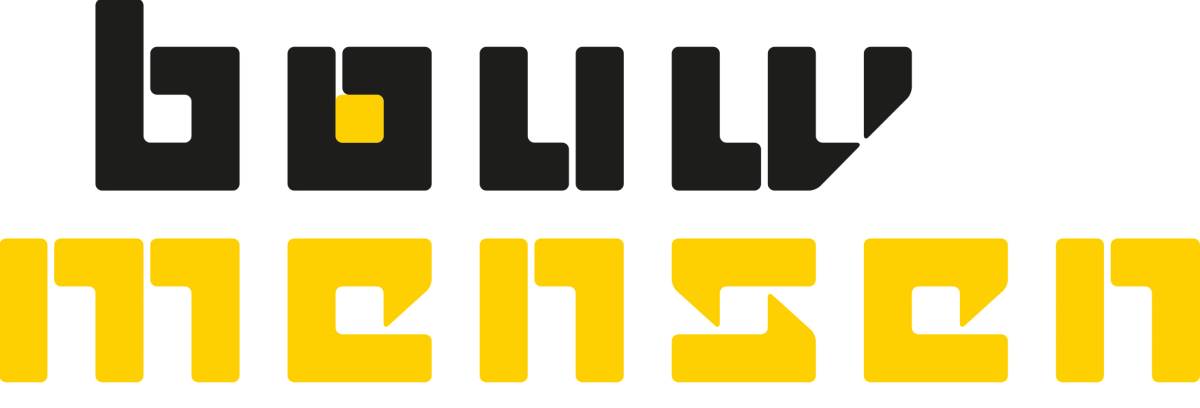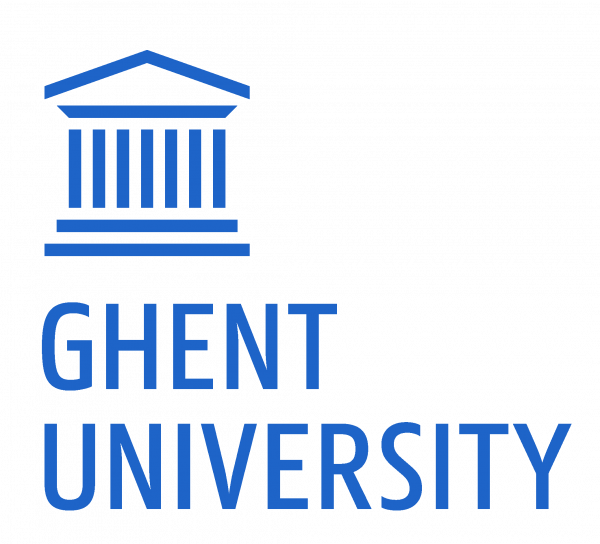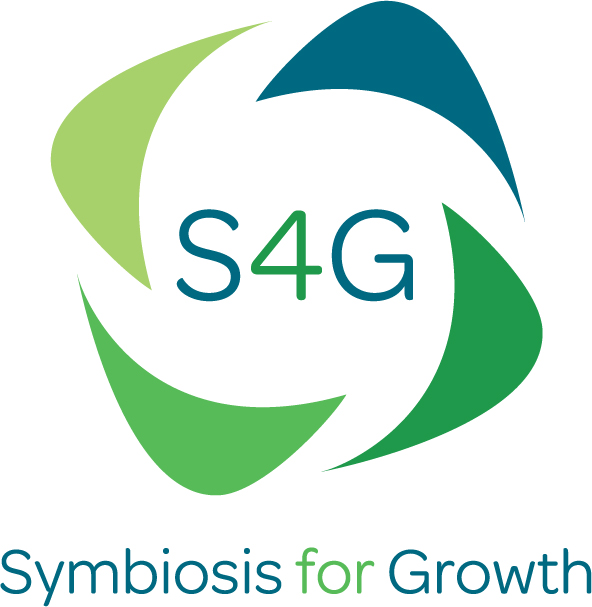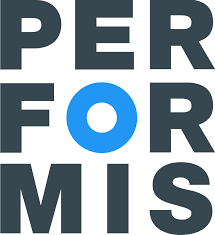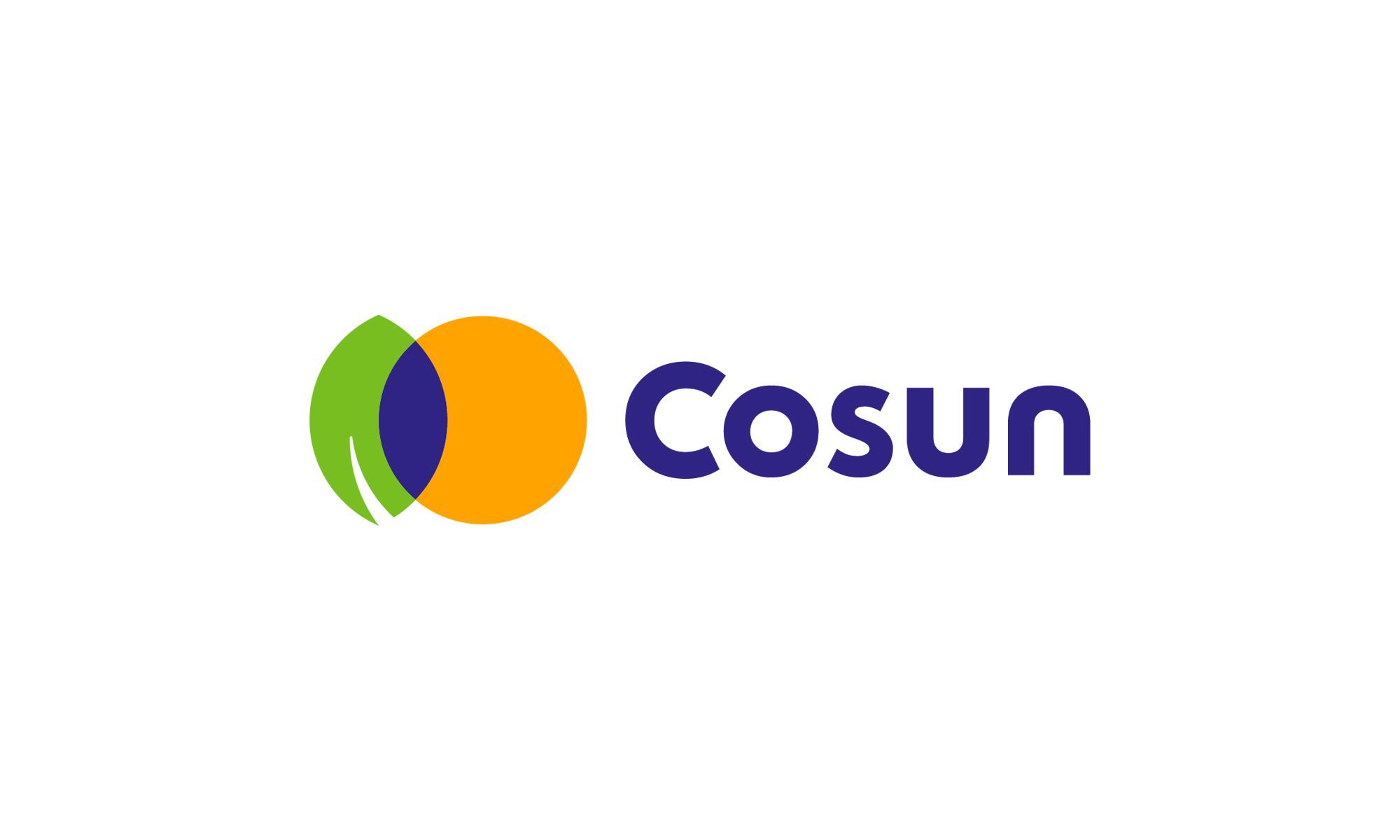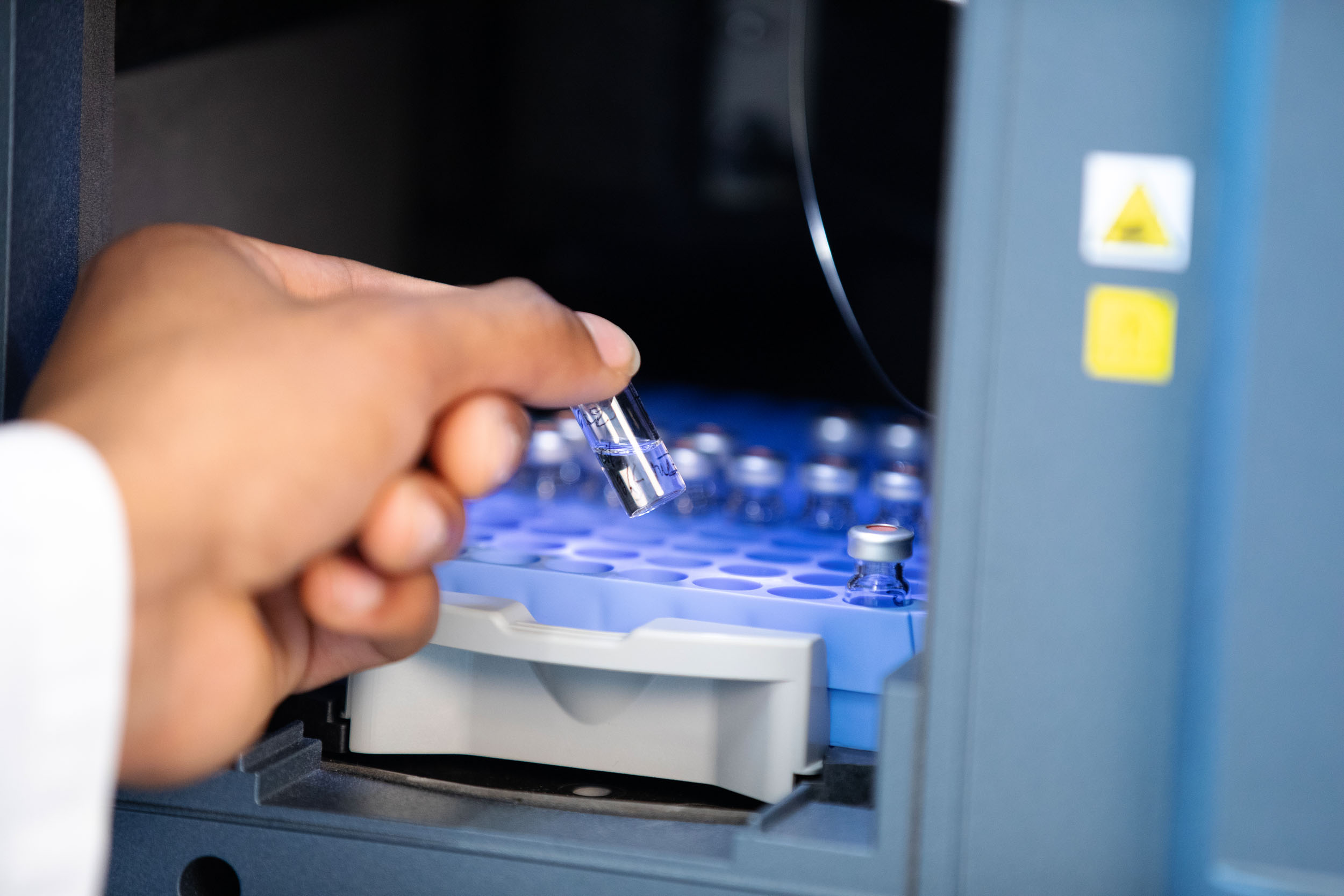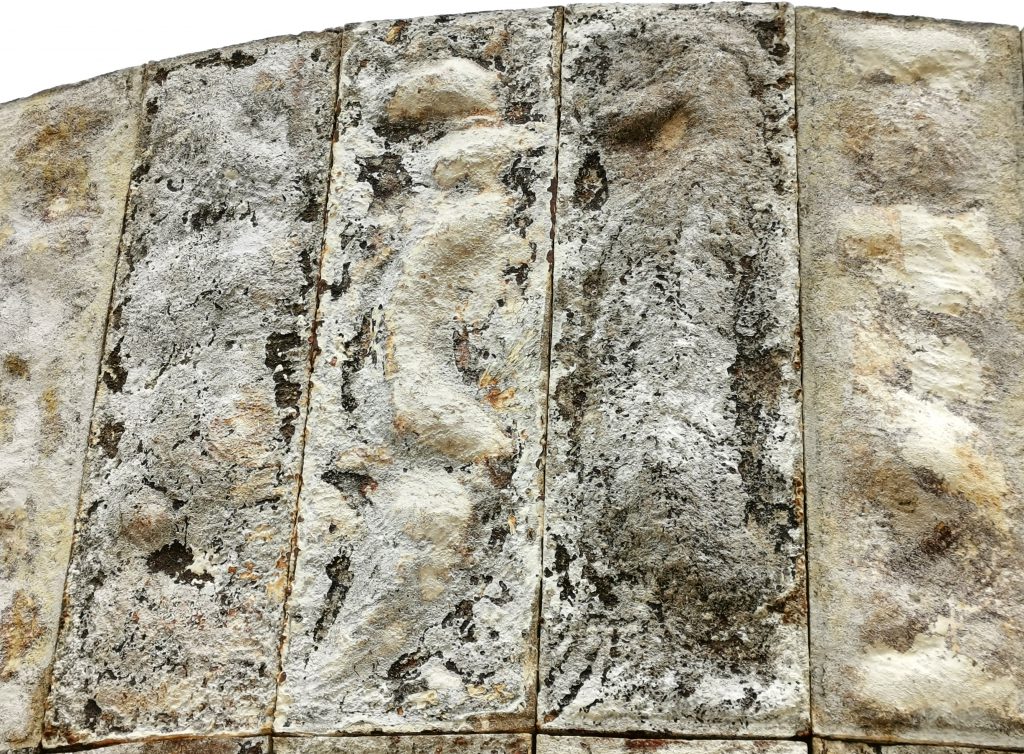This research focuses on the question of how and under what conditions a regional product, seaweed, can act as a marine resource in additive animal nutrition. The majority of the concentrate feed given to cows is soy-based and comes from South America. Before the soy-based concentrate can actually be replaced by seaweed, it must first be investigated which species (or mixtures of species) of seaweed are eligible and which are also available on the basis of ingredients, such as proteins, minerals and flavor components (umami amino acids, flavor-enhancing nucleotides. and volatile components). Seaweeds are also a good source of iodine, but because the content can vary greatly per species, it will be investigated to what extent this influences the applicability. This also applies to the heavy metal content. Because it is expected that the addition of seaweed will have an effect on the milk flavor, a method will also be developed to analyze milk flavor components, so that in a follow-up study, where seaweed is actually fed to the cow, the effect of the milk and flavor quality will be investigated.
With this application, the HZ University of Applied Sciences, together with the farmer, the North Sea Farm Foundation and Wageningen Livestock Research, wants to explore a new commercial value for seaweed that also makes a more sustainable, shorter chain possible. The developed chemical analysis methods can subsequently be applied in favor of seaweed innovations in the Netherlands and Europe.
The project ties in with the mission Agriculture, food & water, sub-missions Sustainable and safe North Sea, oceans and inland waters, and Climate-neutral agriculture and food production and links the sectors of agriculture and aquaculture.
This project is financed by SIA Kiem2020. duration nov 2020 – okt 2021.
20201101 until 20211001




